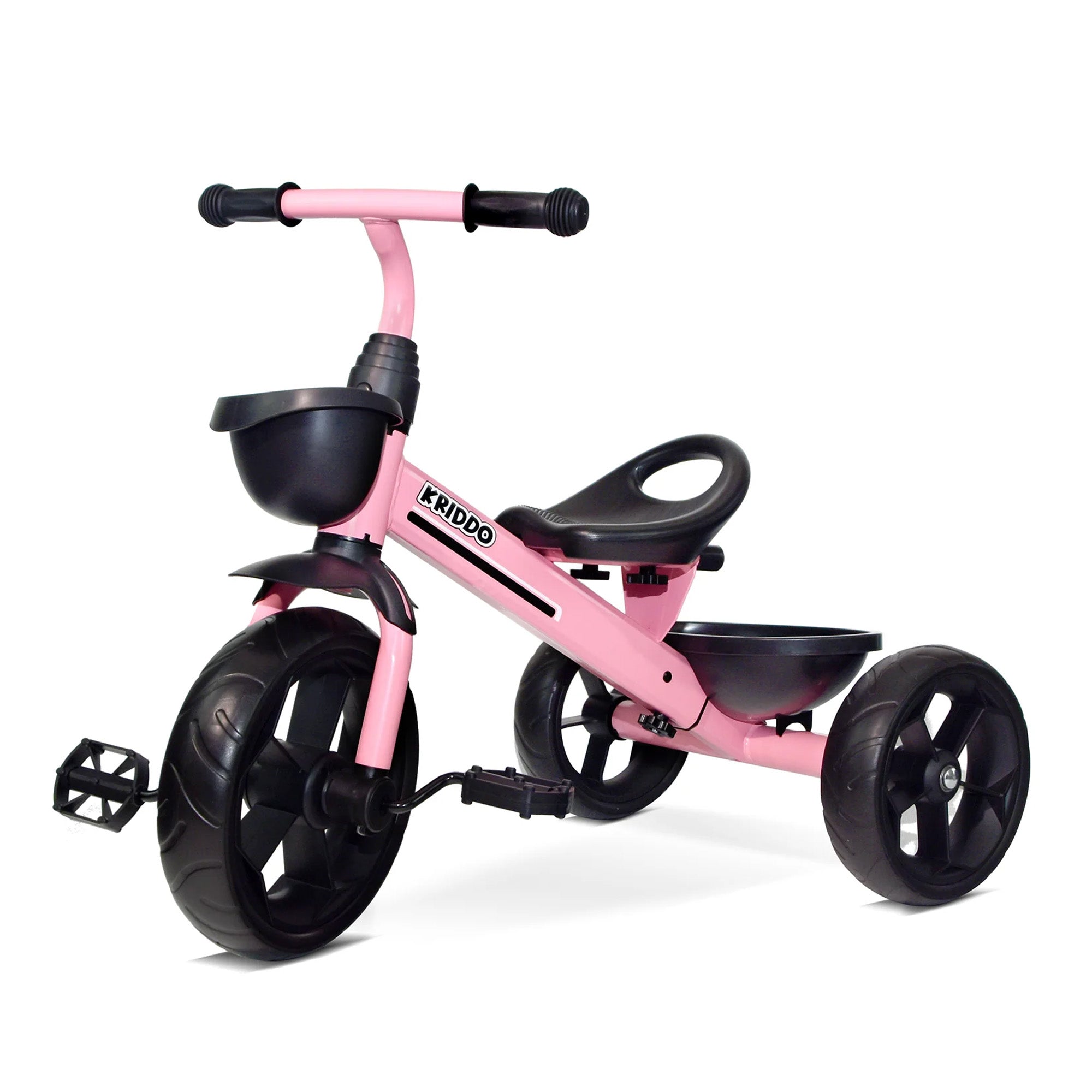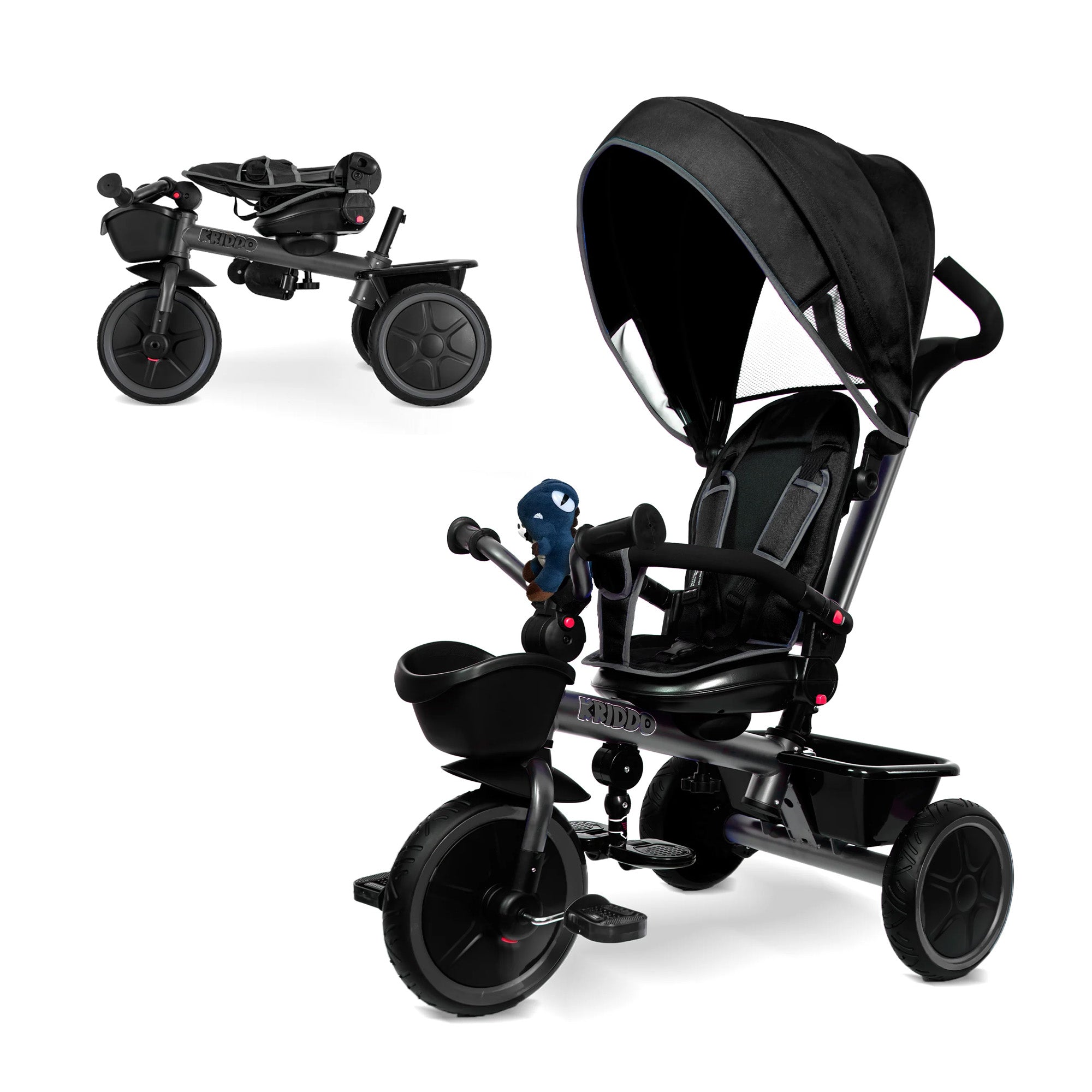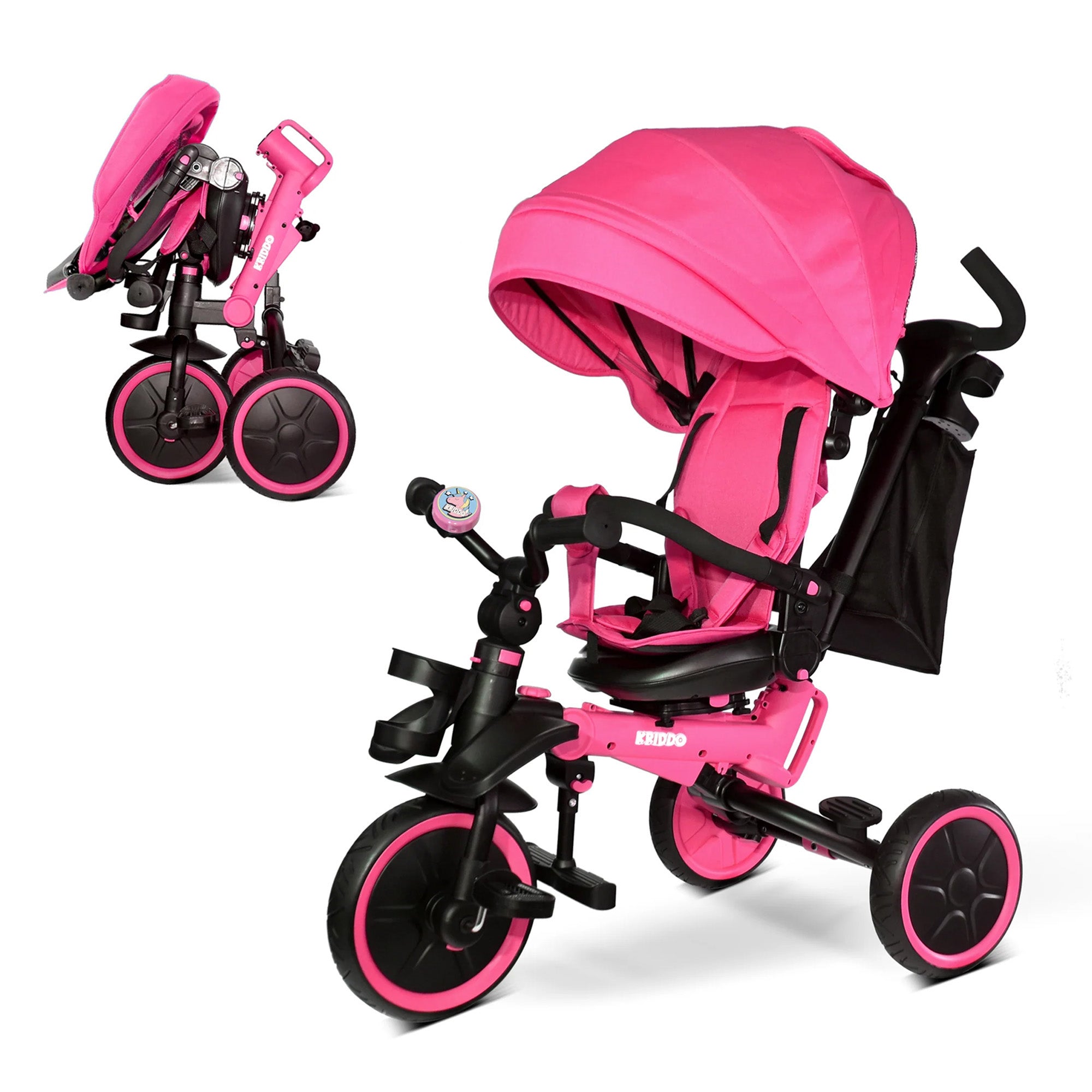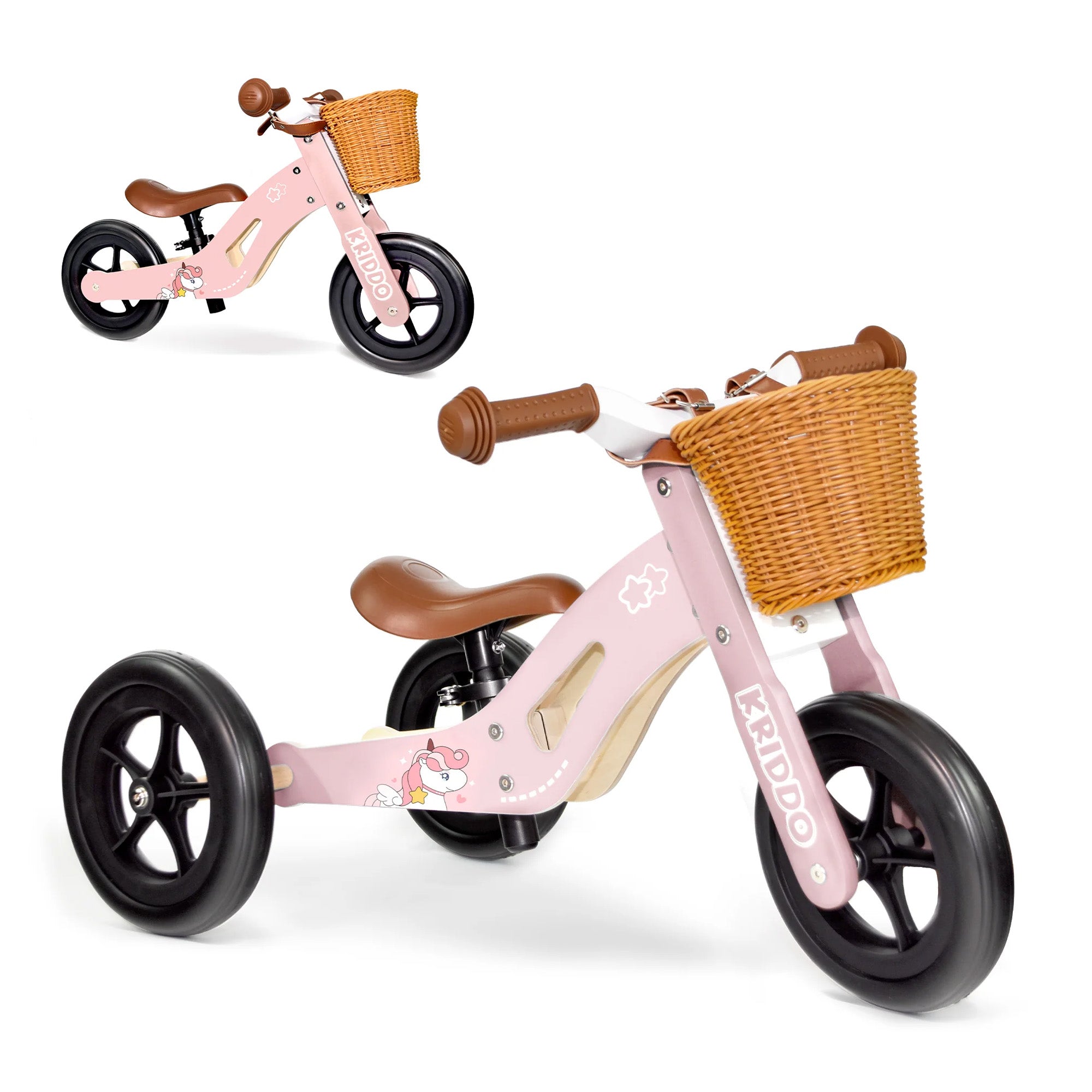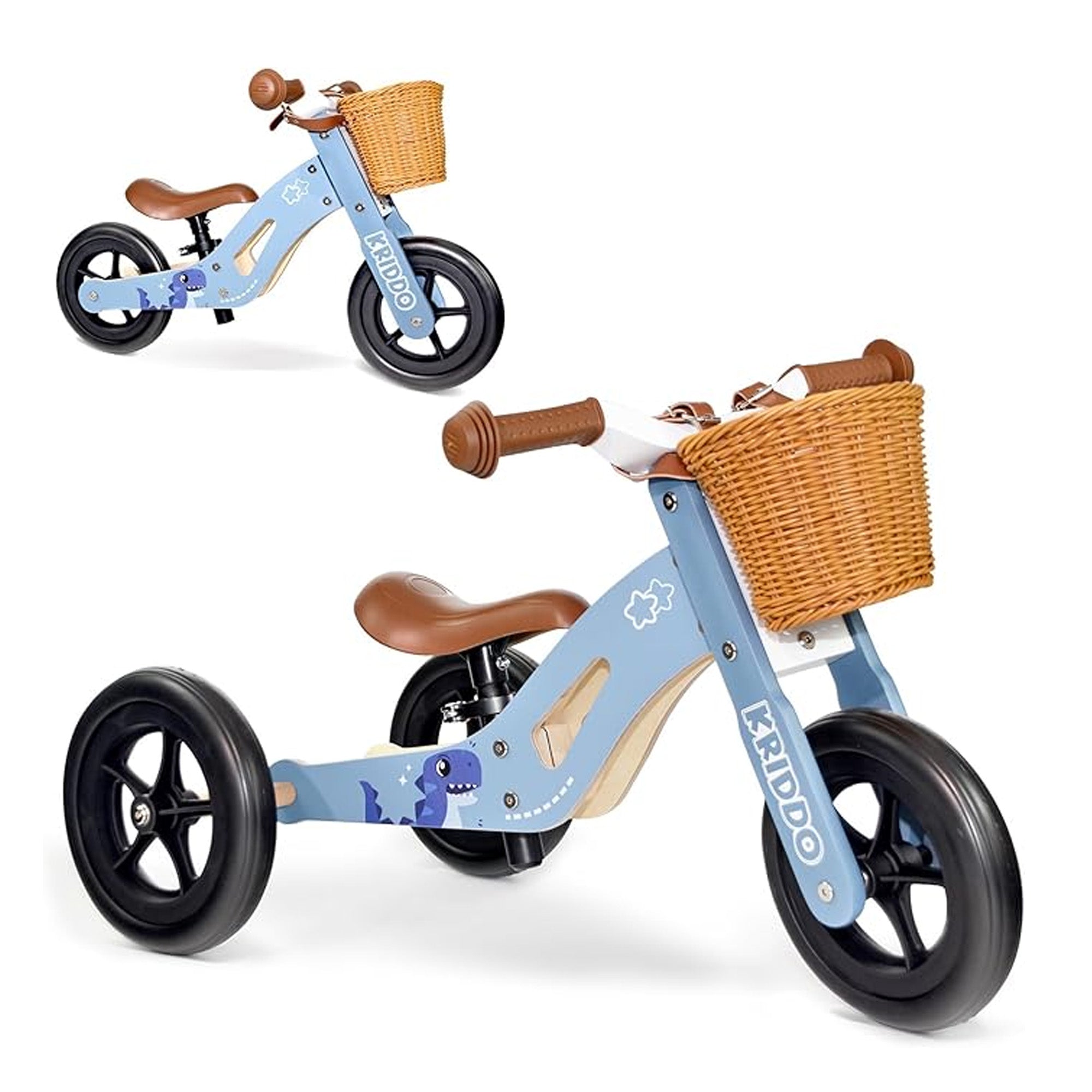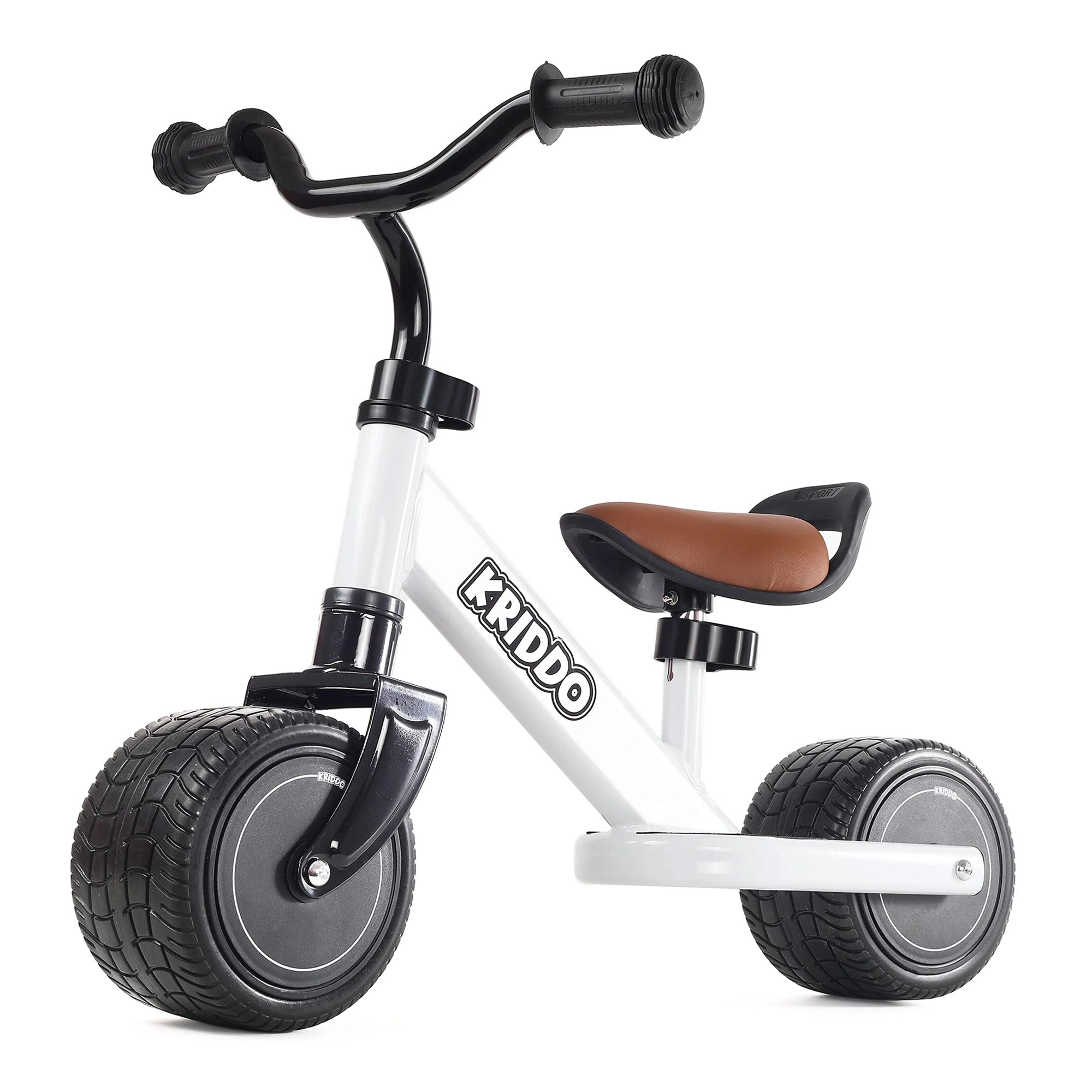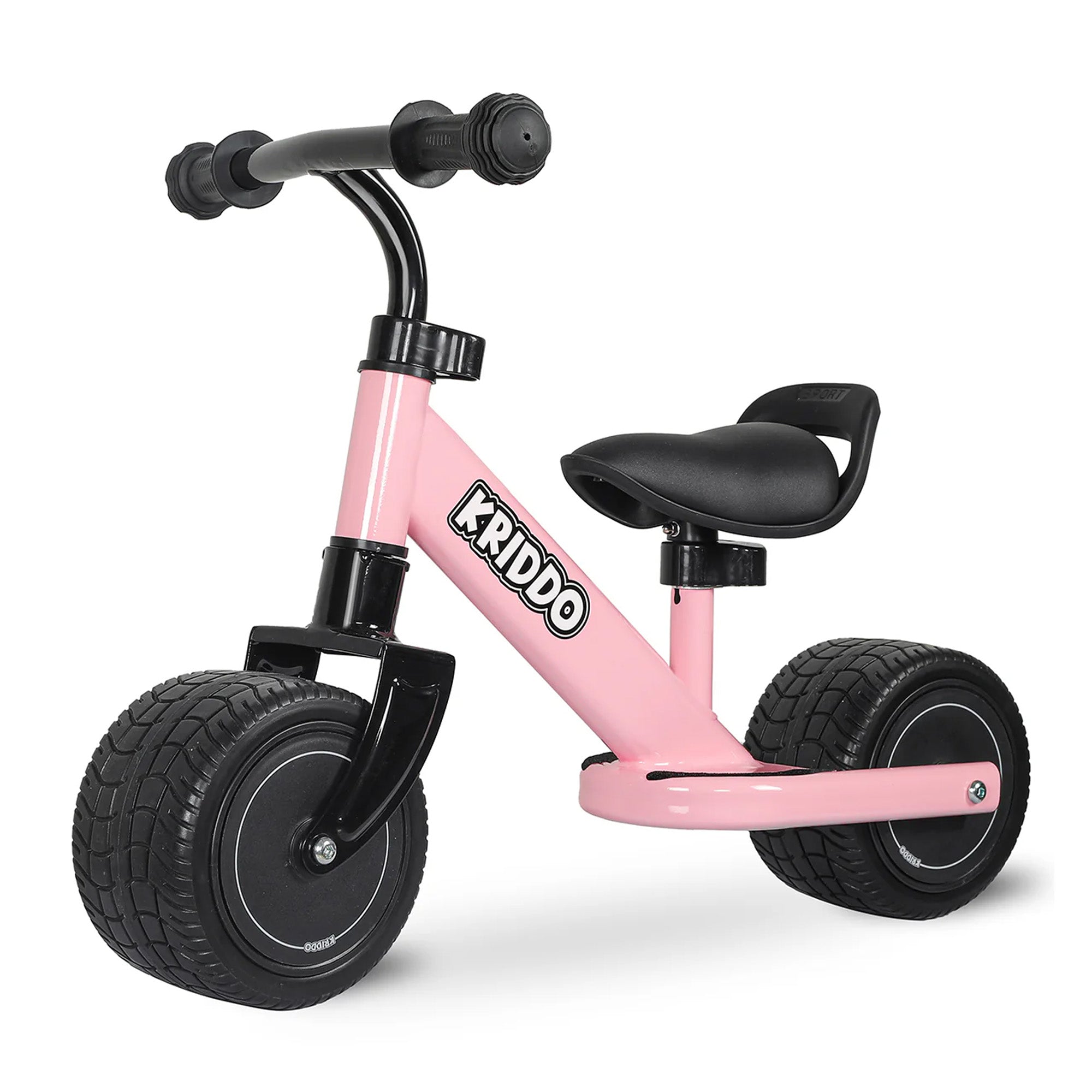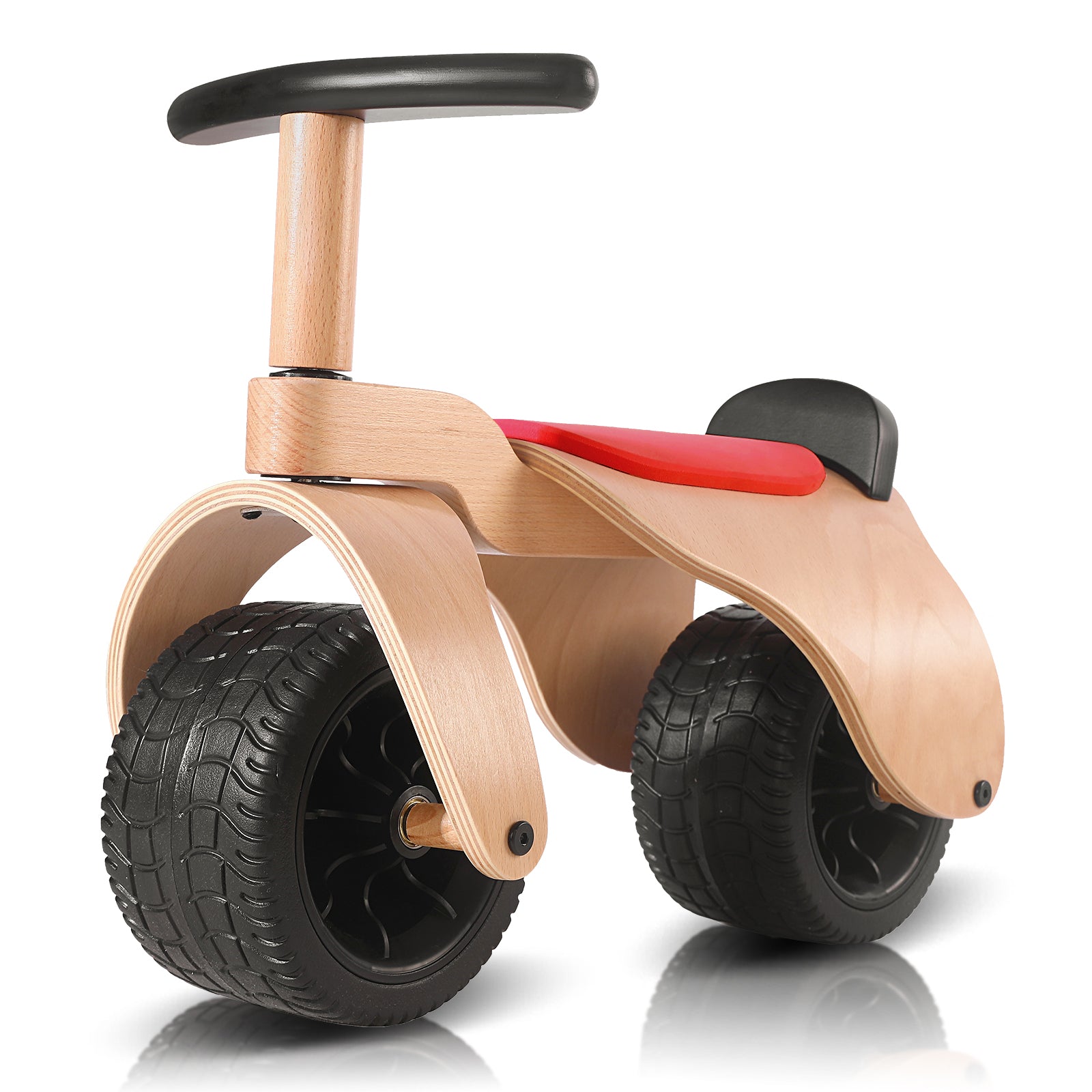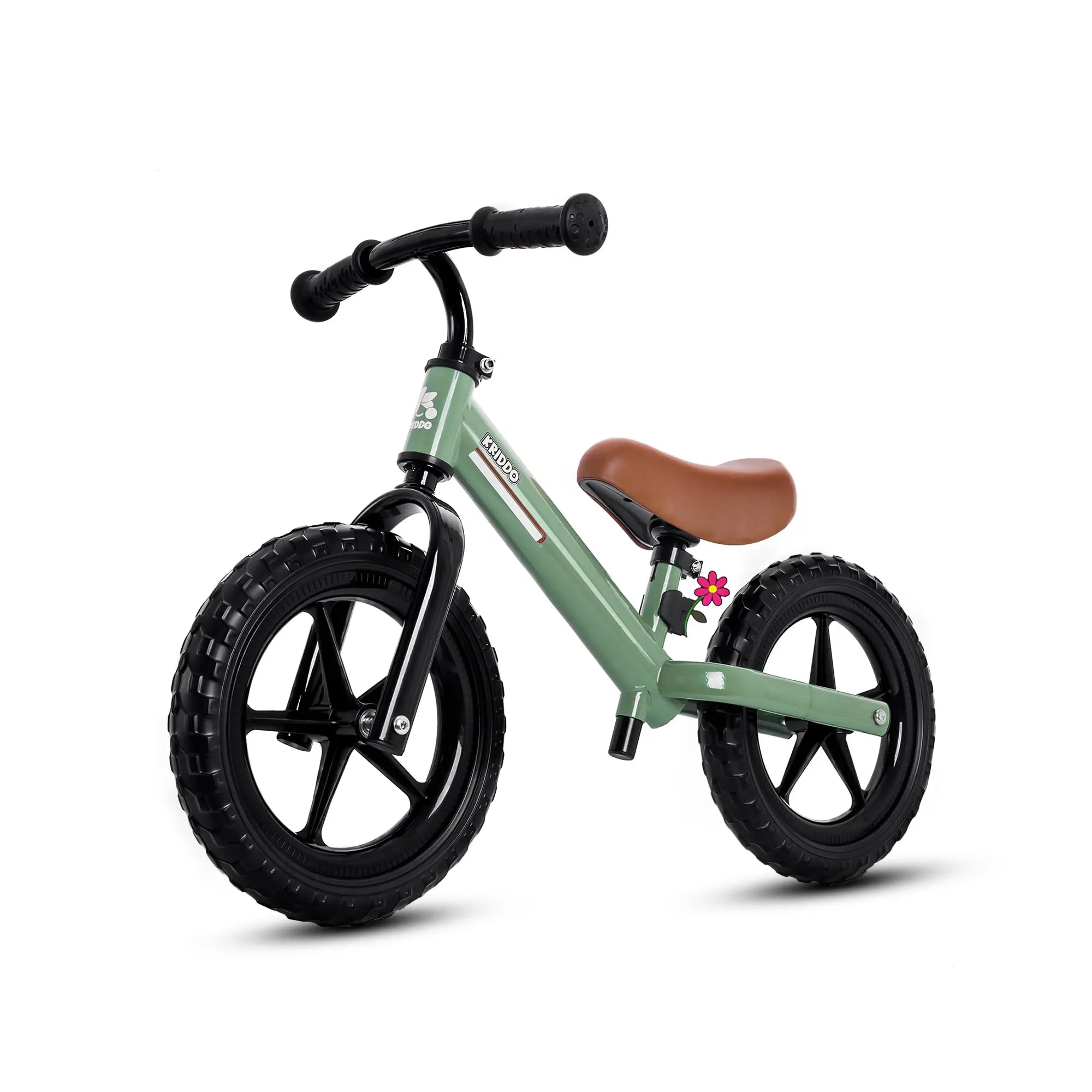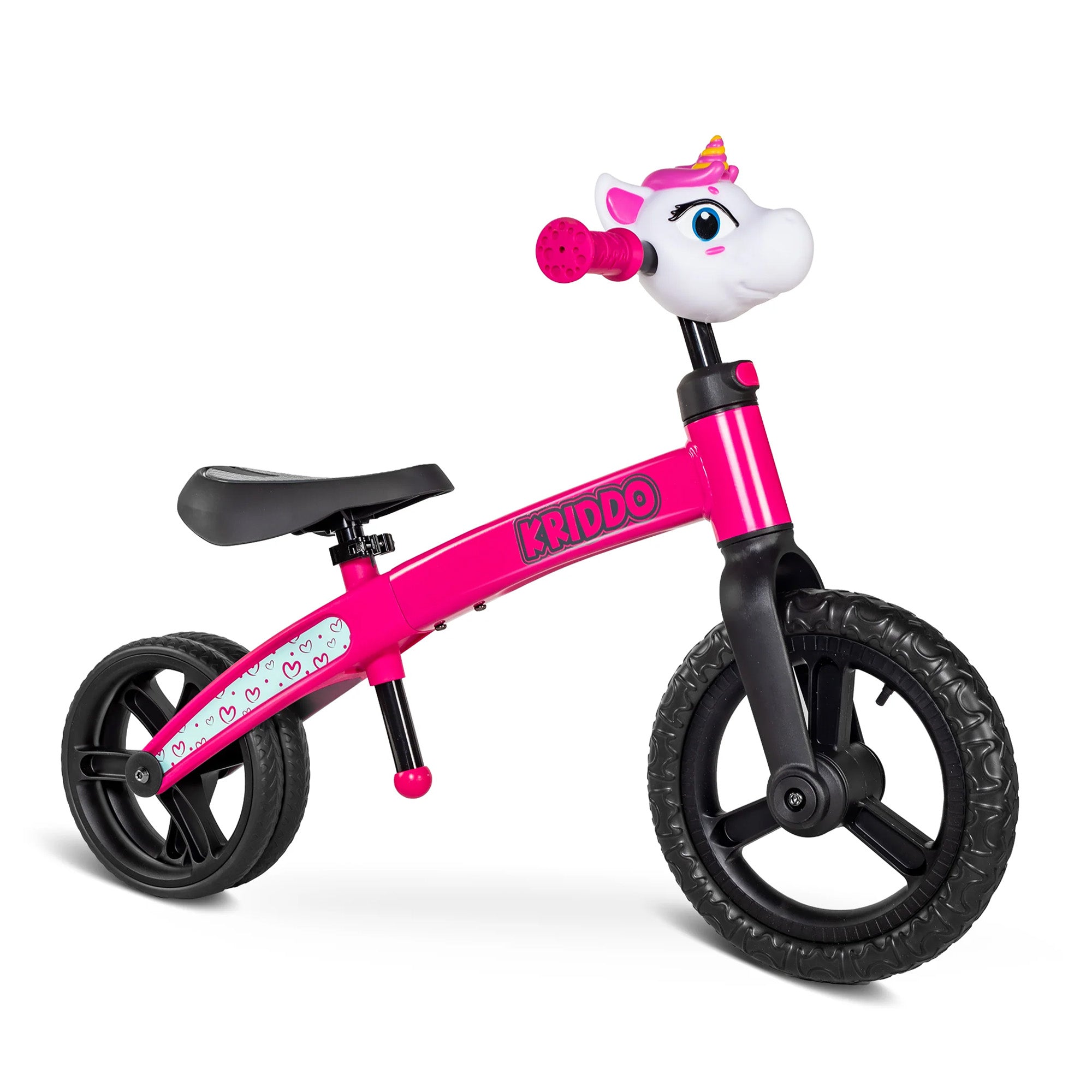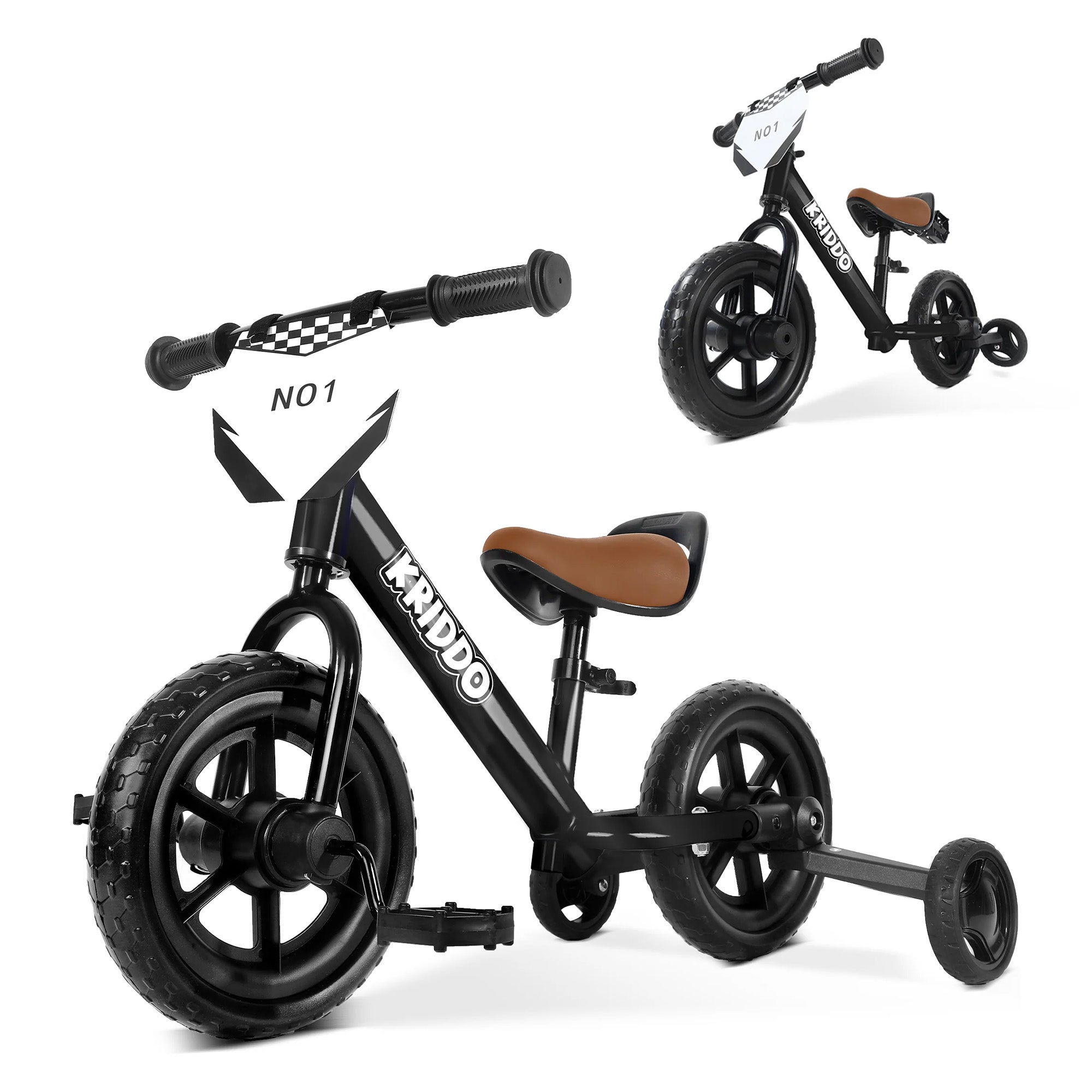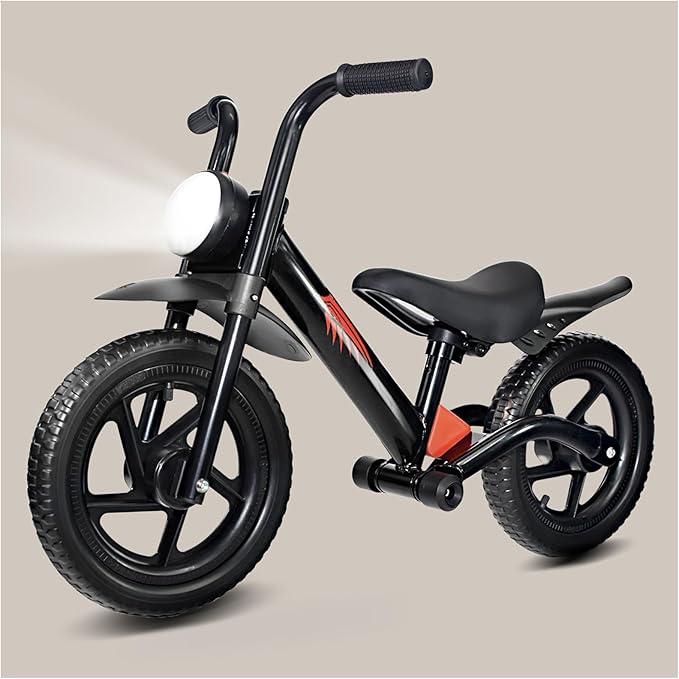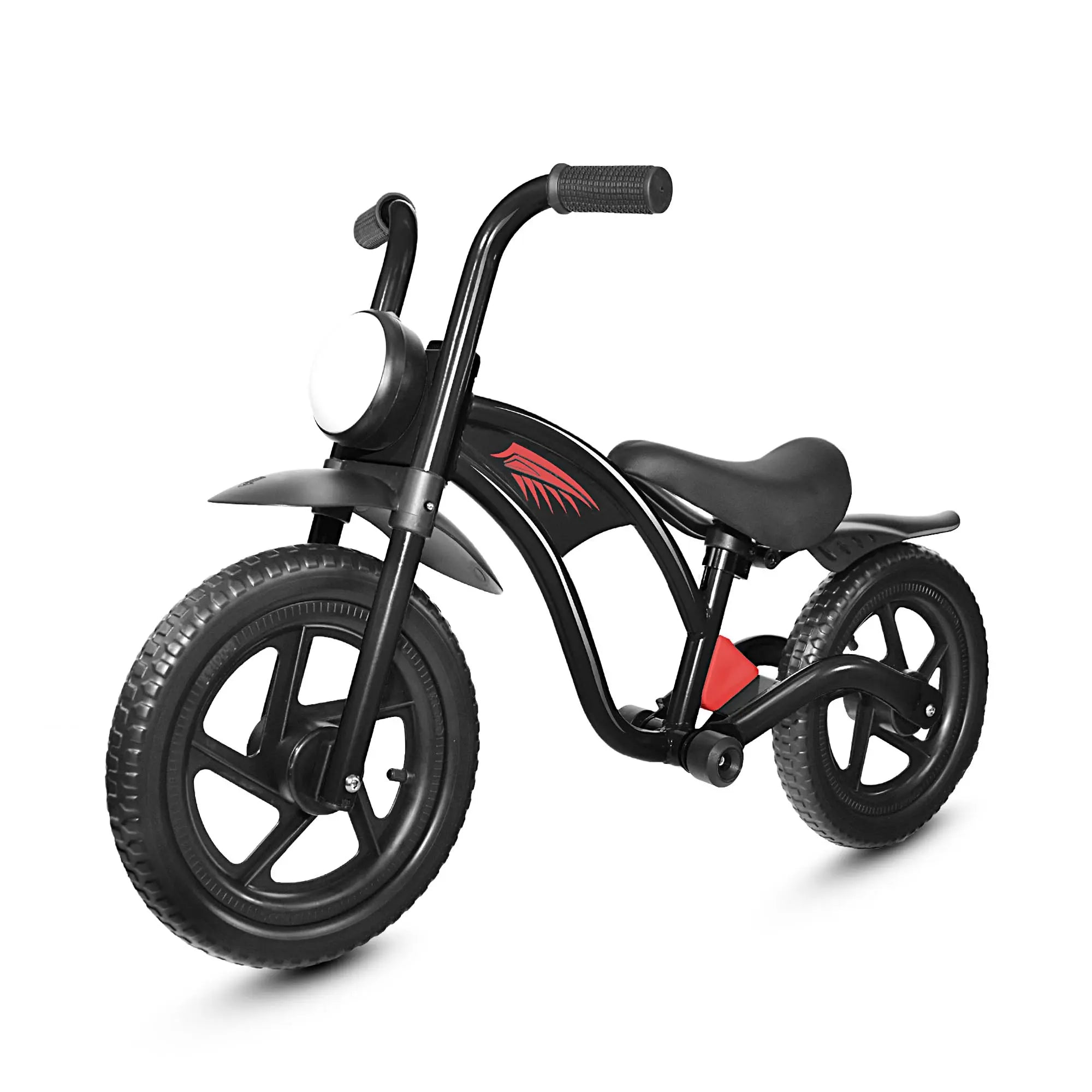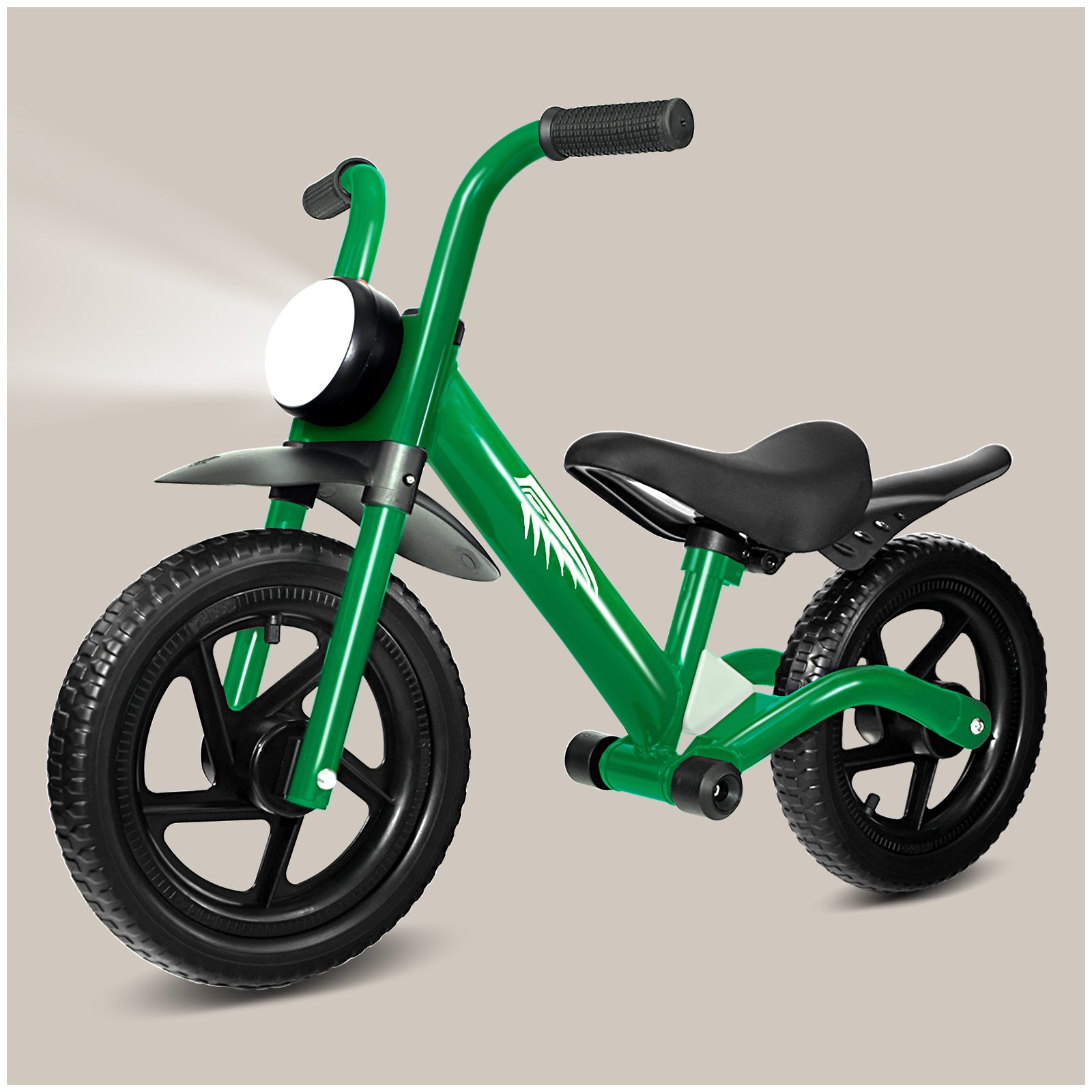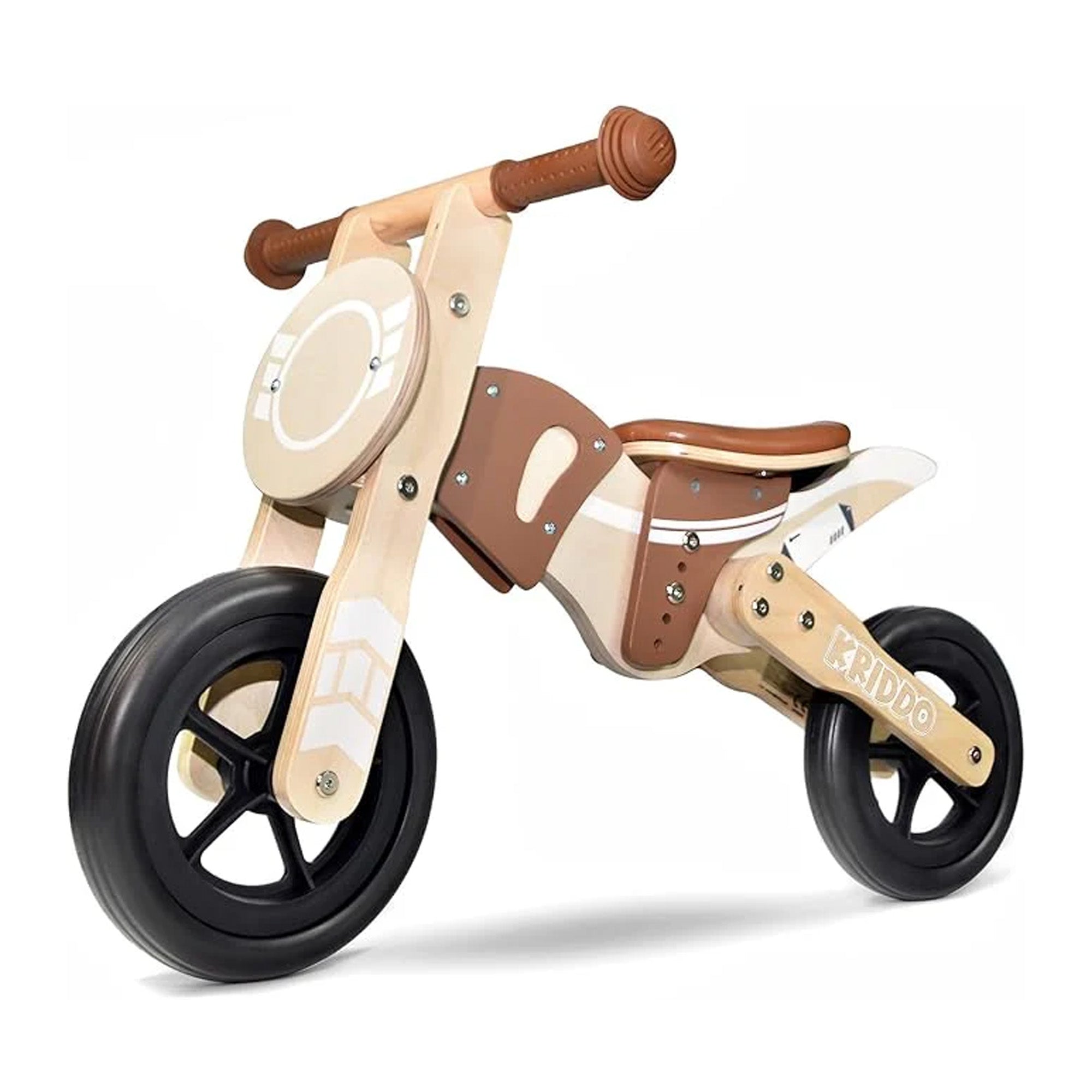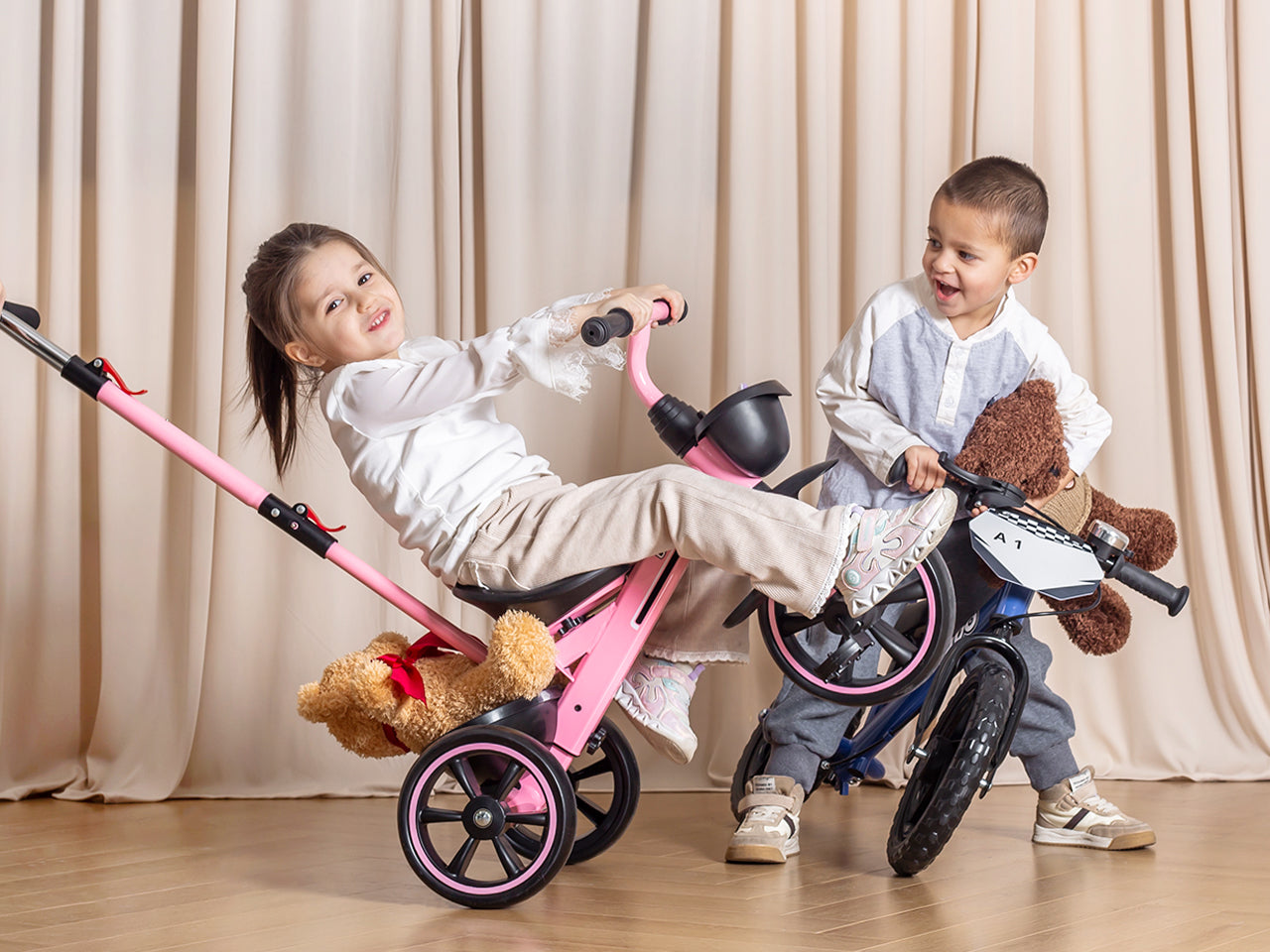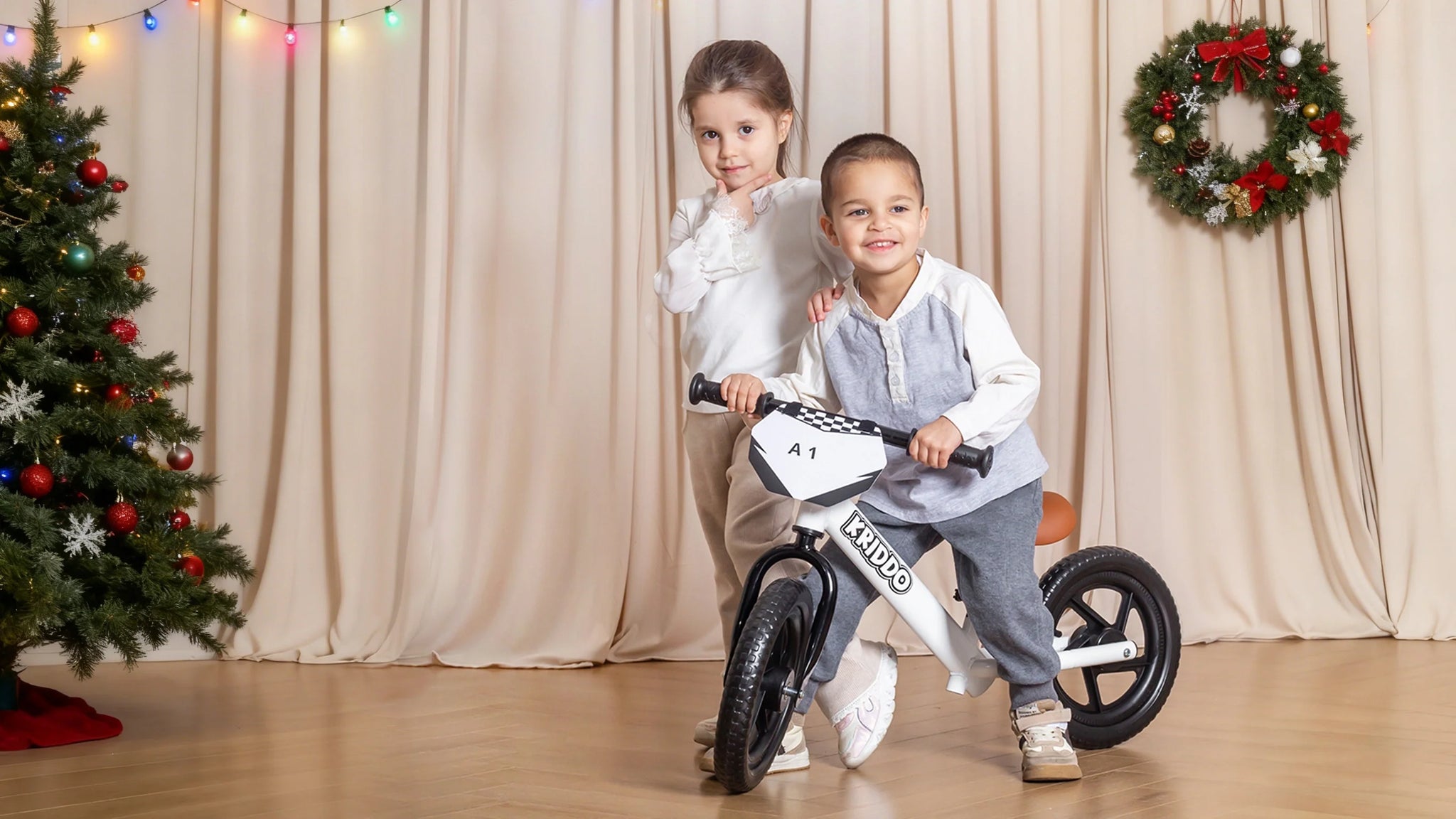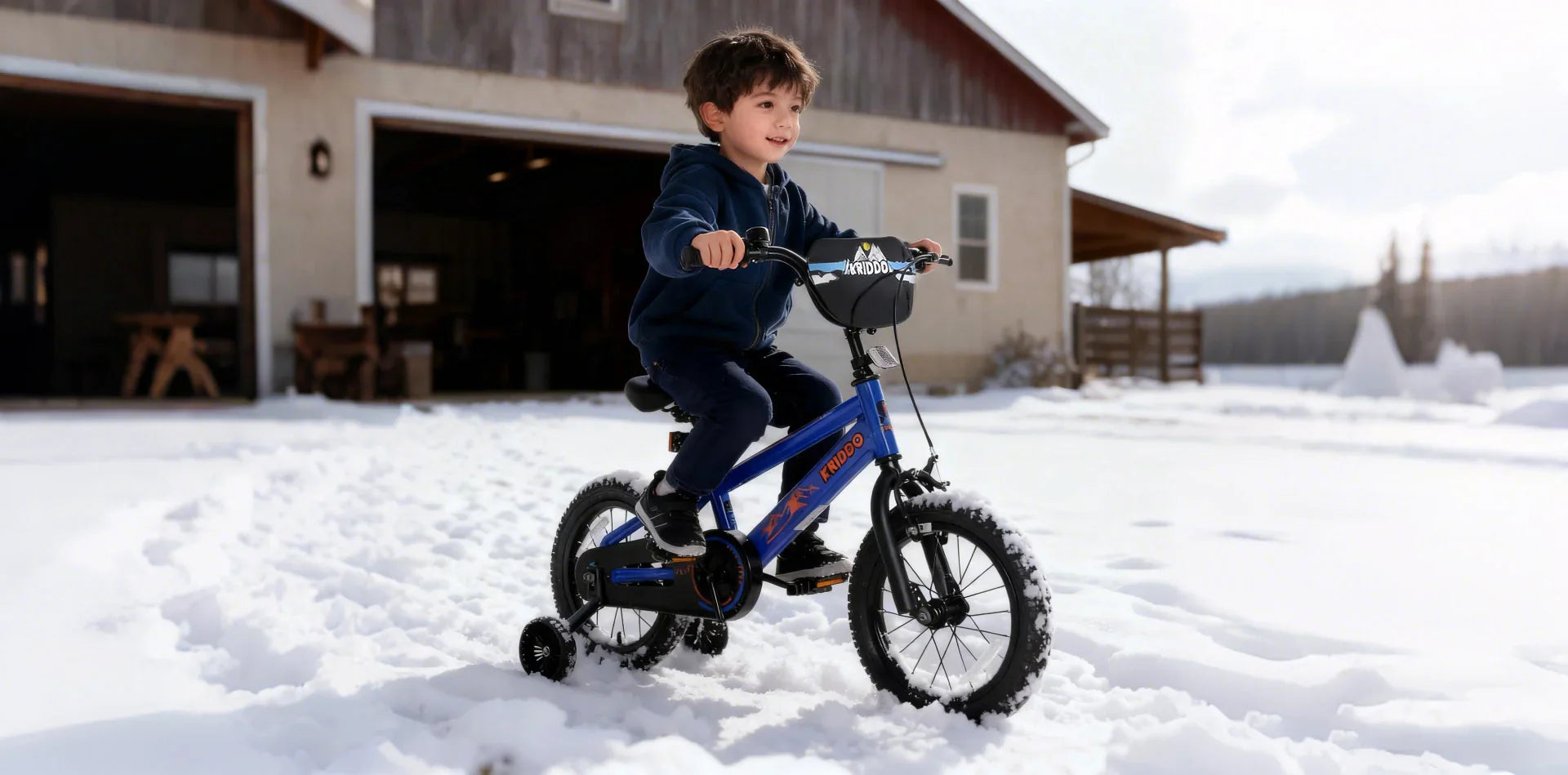Kids Plastic Trike Benefits:
A Fun and Safe Ride for Toddlers
Lisa | 22th, Aug
When you think back to your first set of wheels, chances are it wasn’t a shiny car—it was a tricycle. And for many toddlers today, that “starter ride” comes in the form of a kids plastic trike. Parents often find themselves caught between plastic and metal models, but the growing love for plastic toddler tricycles isn’t just about bright colors and cartoon-like designs. There’s a lot more going on under the surface.
Why Plastic Makes Sense for Kids

Plastic has become one of the most widely used materials since the late 19th century. It’s durable, versatile, and lightweight—qualities that blend beautifully when it comes to children’s toys. Think about it: you wouldn’t want your toddler hauling around a heavy piece of metal furniture, so why would a bike be any different?
Let’s break down the key benefits of choosing a plastic tricycle:
Durability that survives toddler life
Kids are rough on their toys. They ride them over bumps, through puddles, and sometimes straight into walls. Plastic doesn’t rust, doesn’t absorb water, and holds its shape even after daily adventures.
Friendly on the wallet
Raising kids isn’t cheap. From diapers to daycare, costs add up quickly. That’s why the cost-effectiveness of plastic is such a relief. It’s affordable, yet it doesn’t skimp on quality, making it an attractive choice for families who want long-term value.
Lightweight and easy to handle
One of the biggest wins of a kids plastic trike is how light it is. At only a few pounds, a child can move it without struggle, and parents won’t dread carrying it back from the park. Lighter weight also means less risk if it tips over indoors.
Shapes, colors, and imagination
Plastic can be molded into endless forms and shades, which is why plastic trikes often come in playful styles. A bright pink frame, a cartoon duck bell, or a cheerful bucket on the back—all these small details add joy to a child’s riding experience.
Safety-first design
Rounded edges, flexible material, and even flame resistance are often built into quality plastic products. Parents can feel reassured knowing their little one is safe while exploring newfound independence.
Spotlight on a Parent Favorite
Take, for instance, the Parent-Assisted Push Trike. This 2-in-1 model is designed for toddlers aged 18 months to 3 years, blending parent control with child freedom. At just 6.6 lbs, it’s easy to carry, yet it supports up to 45 lbs of toddler energy.
What makes it stand out?
It’s practical, safe, and wrapped up in a colorful design that sparks curiosity.
Plastic vs. Metal Tricycles—Which Way to Go?
Of course, plastic trikes aren’t the only option. Metal tricycles have their own strengths. They’re heavier, sturdier, and often last longer when handed down between siblings. If your child is bold, adventurous, and rides mostly outdoors, a metal trike might be the better fit.
On the other hand, plastic trikes shine in smaller spaces. Indoors, down the hallway, or in a small yard, they’re safer, softer, and far less likely to scratch floors or furniture. For cautious beginners, the lighter weight makes learning less intimidating.
So, what’s the “best” choice? It really depends on your child’s personality and where they’ll be riding most. A shy toddler exploring indoors may thrive on a plastic trike, while an older sibling zooming through the park might prefer the extra stability of metal.
KRIDDO’s Approach: Safety First, Fun Always

Behind every trike is a philosophy. At KRIDDO, the priority is clear: children’s safety. Each ride-on toy is designed with careful testing and attention to global safety standards, from the U.S. to Europe. By combining certified third-party lab checks with strict in-house protocols, the brand ensures every trike is dependable and parent-approved.
And here’s the bonus—quality doesn’t mean overpriced. KRIDDO strikes that balance of affordability and durability, proving that parents don’t have to choose between budget and peace of mind.
Choosing the Right Trike
When it comes down to it, the “right” trike isn’t always the most expensive or the most advanced. It’s the one your child loves. Kids are more likely to use and learn on something that excites them. Maybe that means a bold red frame, or maybe it’s the squeaky duck bell that seals the deal.
If you’re still weighing options, KRIDDO has even put together a guide for the 2025 best tricycles for toddlers. It’s a great way to compare styles and features before making a decision.
Featured Products
FAQ
1. What Safety Features Should Parents Look for in a Kids’ Tricycle?
2. At What Age Can Children Start Riding a Plastic Tricycle?
3. Why Is the KRIDDO Parent-Assisted Push Trike a Good Choice?
4. What Materials Are KRIDDO Tricycles Made Of? Are They Safe for Kids?
Material types include:
- Carbon steel – stable and safe
- Metal tricycle – classic, durable design
- Plastic tricycle – lightweight and colorful for young toddlers
- Wooden tricycle – eco-friendly and stylish design








